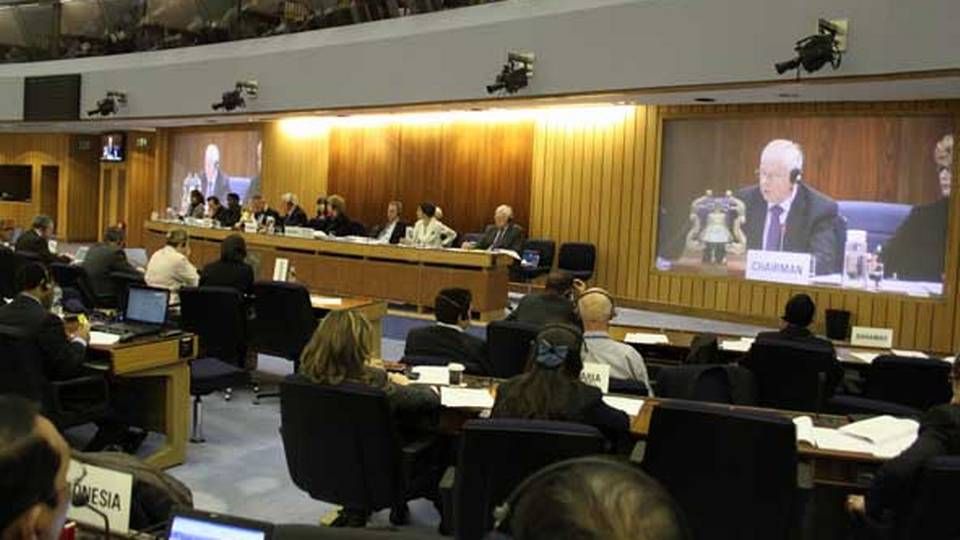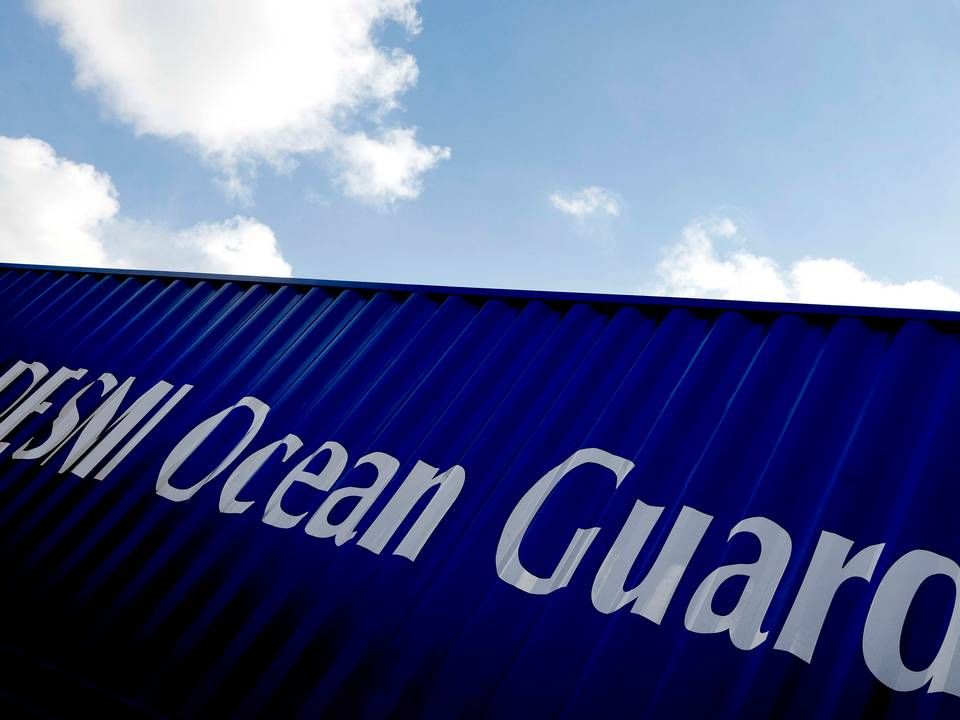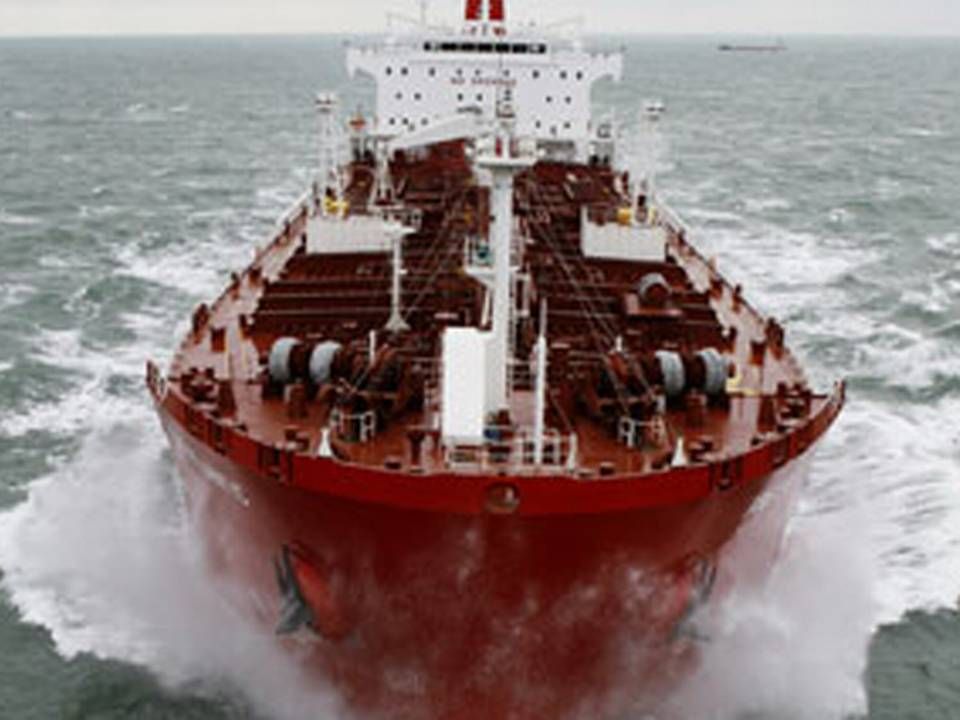Majority emerges for ballast water resolution

When the new resolution for the ballast water convention is treated in plenary tomorrow by the IMO at the General Assembly, everything seems to indicate that the proposal will be approved, sources participating at the meeting tell ShippingWatch. Last week the resolution was treated both in plenary and in Committee 2, without comment in both cases, which indicates that the resolution seems headed toward a final ratification.
The resolution eliminates the final obstacles keeping countries like the Bahamas, Panama, and Singapore from ratifying the convention.
Tomorrow the resolution, which was reached through negotiations this past spring, will be finally approved in plenary, and as one source tells ShippingWatch, it would be very surprising if any countries decide to object at this stage. This is however a final formality that needs to be cleared before the case is finalized.
These developments fit well with the speculations of Peter Olsen, head of secretariat at the Danishn Shipowners' Association. He has followed the ballast water convention process, and he stated last week that he would be highly surprised if the ballast water issue failed to be settled at IMO General Assembly.
Head of IMO: Agreement on ballast water in November
The ballast water convention was adopted in 2004 but has yet to come into effect. 30 countries need to ratify the text in order for the convention to be finalized and come into force. This condition has been met.
The second condition requires that the ratifying countries cover 35 percent or more of the global tonnage. This requirement has yet to be fulfilled, as the 30 countries only account for 29 percent of the world's tonnage. As such, it has been extremely important to secure the support of countries such as Panama, the Bahamas, and Singapore.
Opposition removed
One of the countries' arguments against the convention has been related to the implementation period, Peter Olsen told ShippingWatch:
"Looking at the convention as it appears today from 2004, the implementation phase is very inappropriate, as there are some huge clusters of ships that will need to install new equipment at the same time."
When the convention was adopted in 2004, it was expected that technological developments would produce efficient and cheap solutions within a fairly short period. But developments did not happen as fast as expected, and the result is that several of the dates written into the convention have now been exceeded. Uncertainties have kept countries such as Panama and Bahamas from signing the convention, but the resolution removes the final obstacles.
Specifically, the new resolution proposes that the implementation period for existing ships is postponed further, so that the last ships will wait till 2021 before installing ballast water systems, and thus complying with the convention.
"The resolution smoothes out some of these obstacles, so that the implementation period becomes longer," said Peter Olsen.
When the 35 percent of the global tonnage has been reached, the convention will come into effect 12 months later. At a recent conference in Copenhagen, Panama's IMO representative indicated that the country would ratify the convention if the resolution was passed this week.
IMO hesitation forces Desmi to change sales strategy
Related articles
IMO hesitation forces Desmi to change sales strategy
For subscribers
Desmi ballast water system approved for freshwater
For subscribers





















